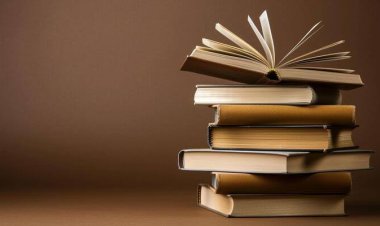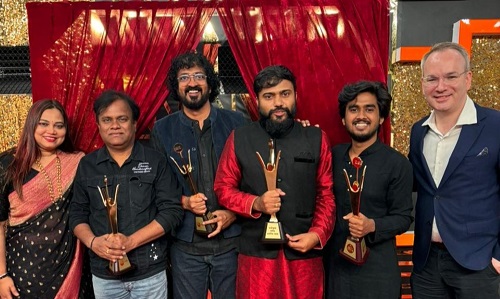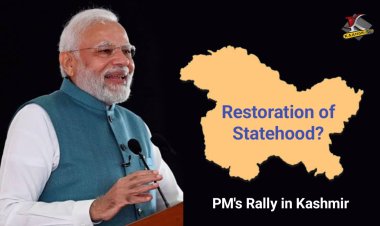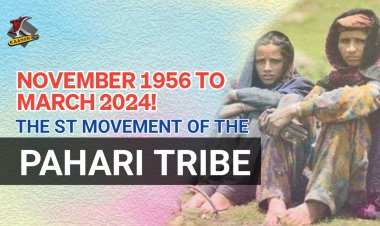One Nation, One Election: A Debate on Simultaneous Elections in India
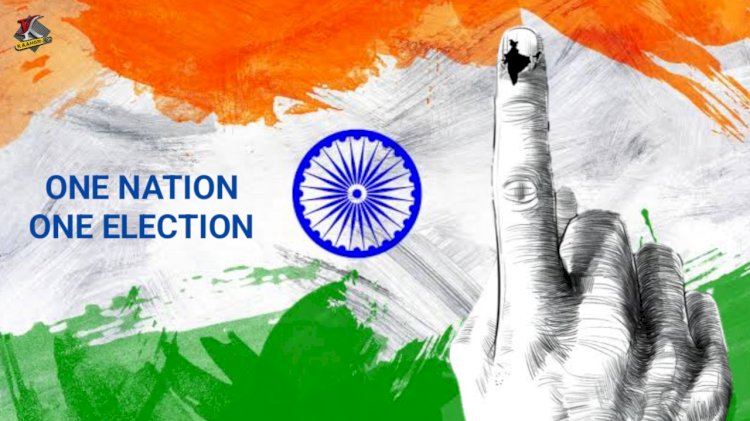
Today, India is witnessing a growing debate over the concept of "One Nation, One Election." This idea proposes holding simultaneous elections for the Lok Sabha (the lower house of Parliament) and state legislative assemblies. While the concept of simultaneous elections is not new in India, its implementation has become a subject of intense discussion and deliberation.
The practice of simultaneous elections in India dates back to the early years after independence. The first few general elections were held concurrently with state legislative assembly elections. However, this practice was disrupted in 1968 and 1969 due to the premature dissolution of some state assemblies. Since then, India has experienced separate elections for the Lok Sabha and state assemblies, leading to a continuous cycle of elections.
The benefits of restoring simultaneous elections are numerous. Firstly, it would significantly reduce the enormous expenditure incurred for conducting separate elections every year. According to the Election Commission of India, simultaneous elections could save substantial public funds. Additionally, it would allow ruling parties to focus on governance instead of being in perpetual election mode.
Simultaneous elections would also prevent the imposition of the Model Code of Conduct, which temporarily suspends developmental programs and activities during election periods. This often leads to policy paralysis and hampers effective governance. Frequent elections disrupt normal public life, affect essential services, and cause road traffic disruptions due to political rallies.
Furthermore, elections in India tend to polarize issues along caste, religious, and communal lines as candidates vie for electoral gains. Simultaneous elections would limit these disruptions to predetermined periods.
Despite the potential benefits, there are significant challenges and concerns surrounding the idea of simultaneous elections in India. Operational feasibility is a major obstacle, as synchronizing election dates for various states and the central government would require complex logistical planning.
Critics argue that forcing simultaneous elections may undermine the principles of democracy and federalism, as it restricts the choice of voters and curtails the autonomy of states. Moreover, some fear that it may influence voters to prioritize national issues over local concerns, potentially leading to larger national parties dominating both state and Lok Sabha elections.
Another concern is the impact on voter behavior, as voters may prioritize one set of issues over the other in simultaneous elections. Additionally, holding elections less frequently may diminish the accountability of politicians, who would not face the electorate as often. Critics also point out that elections generate employment opportunities, benefiting the grassroots economy.
To implement simultaneous elections, several constitutional amendments, amendments to the Representation of People's Act, and other legal changes would be necessary. The Election Commission has suggested mechanisms to align Lok Sabha and state assembly election dates and minimizes premature dissolutions. Recent Law Commission recommendations also propose amendments to enable simultaneous elections.
Several countries, such as South Africa and Sweden, hold simultaneous elections for different levels of government. In the United Kingdom, the Fixed-term Parliaments Act was enacted to provide stability to the British Parliament. Germany's Basic Law proposes a constructive vote of non-confidence to ensure government stability.
"One Nation, One Election" is an intriguing concept for Indian democracy. While it has the potential to streamline the electoral process, reduce costs, and enhance governance, it faces numerous challenges and concerns. Achieving this goal would require extensive constitutional and statutory amendments, political consensus, and careful planning.
It is essential to involve all stakeholders, analyze the feasibility, and address concerns before moving forward with any significant electoral reforms. Simultaneous elections have the potential to reshape Indian politics, but their implementation should be gradual and well-considered to ensure the integrity of democratic principles and the interests of diverse states and regions.

